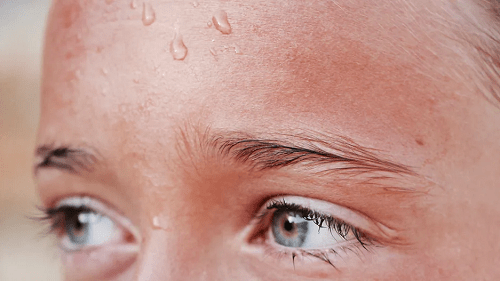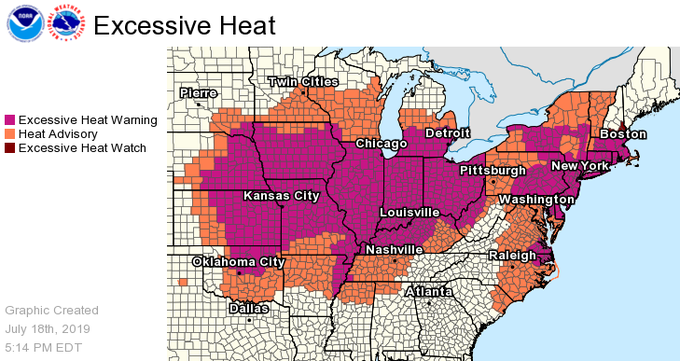
[Photo: Hans Reniers/Unsplash]
7-19-19 – FC –BY MELISSA LOCKER
An estimated 195 million people are under a heat advisory this weekend as a massive heat wave bears down on the East Coast and Midwest. They aren’t alone. According to CNN, “more than 85% of the lower 48’s population will see temperatures above 90 degrees,” and “more than half will see temperatures higher than 95 degrees.” While we’re not meteorologists, that’s a lot of degrees.
This sort of heat wave will become more common as the planet heats up due to the climate emergency. Last month was the hottest June on record for the world, according to the National Oceanic and Atmospheric Administration, and July is on track to be the same. According to last year’s National Climate Assessment, the number of hot days in the United States is increasing. If things don’t drastically change, by 2050, according to the assessment, the Northeast can expect around 650 more deaths each year due to extreme heat.
- Wear loose-fitting, lightweight clothing.
- Protect against sunburn.
- Drink plenty of fluids.
- Never leave anyone in parked cars.
- Take it easy during the hottest parts of the day.
- Avoid hot, heavy meals.
- Be cautious if you’re at increased risk due to medical conditions.
If you do need to go outside—or if you don’t have a place to cool down or the power goes out and A/C is not an option—keep an eye out for the symptoms of heat exhaustion and its nasty cousin heat stroke, which can be deadly.
Here’s what the CDC says to look for:
- High body temperature (103°F or higher).
- Hot, red, dry, or damp skin.
- Fast, strong pulse.
- Headache.
- Dizziness.
- Nausea.
- Confusion.
- Losing consciousness (passing out).
Finally, here’s what to do if you think you or someone else is suffering from heatstroke:
- Call 911 right away—heatstroke is a medical emergency.
- Move the person to a cooler place.
- Help lower the person’s temperature with cool cloths or a cool bath.
- Do not give the person anything to drink.


